Alan Parker felt a “real sense of relief” when he was admitted to hospital and diagnosed as bipolar.
He’d just been made redundant from his job and broke his finger while white water rafting in Turkey on his 50th birthday.
“I ended up having a manic episode,” he said. “I will never forget it.”
The 60-year-old has struggled with depression for most of his life and it all stems back to living through a traumatic experience in his childhood.
“My mum died when I was 13,” he says. “If I think back, that’s when it all started to go wrong.
“At the time it was never dealt with. It was a case of people thinking of children as being resilient and that they would pick up and carry on as if nothing had happened.
“In those days you weren’t even supposed to tell children their parents were dying.”
How does the Aberdeen radio presenter cope with the bipolar condition?
At the time of the diagnosis, Alan was told he would need to take mood stabilising drugs to control his manic episodes.
But he soon found that the side effects of the medication he experienced were outweighing the benefits.
Drugs are prescribed to help stabilise extreme mood swings which can range from extreme highs to extreme lows.
But the medication can also cause drowsiness, dizziness, nausea and blurred vision.
Keen to find other ways, he worked closely with his doctor over several years and now uses coping strategies instead of medication.
Taking part in exercise classes and meditation helps.
‘If I’m not creating something I get very ill’
Despite his struggles, Alan never lets his health condition hold him back in life and has worked in many fun roles both at home and abroad.
During the 1990s, he worked in a management role organising staff for programmes at an international camp in Switzerland.
And he also taught school children in Cambodia how to sing on his travels.
Now Alan volunteers at Shmu, a charity helping people living in regeneration areas, entertaining people with his own radio show.
Living a life full of creativity is his most important coping strategy which helps keep him focused and well.
He even built his own radio studio in a coal bunker at his Aberdeen home so he could carry on with his show during lockdown.
“If I’m not creating something I get very ill,” he says.
“Shmu has been incredible – you can’t be miserable on the radio!
“It’s like a Pavlovian response to having a microphone, the minute I push it up I smile.”
What does he plan to do next?
The Aberdeen radio presenter says he now lives functionally with the bipolar disorder and feels he’s living a “happier and healthier” life.
He plans to return to Cambodia in the near future to teach and has started studying a TV course at Shmu so he can film a documentary.
“I now live practically medication free; it’s quite hard work to do but I have a much more fulfilled life,” he says.
“I have strategies if I feel myself spiralling out of control but it took a huge amount of self-awareness to get to this point.
“Now I live with it quite successfully. Who knows what the future will bring but it certainly looks more exciting than it did years ago.”
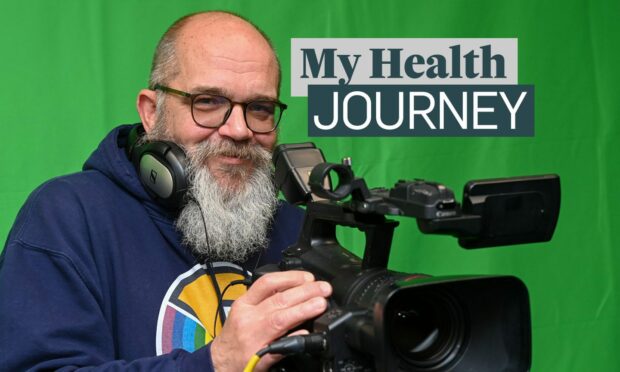
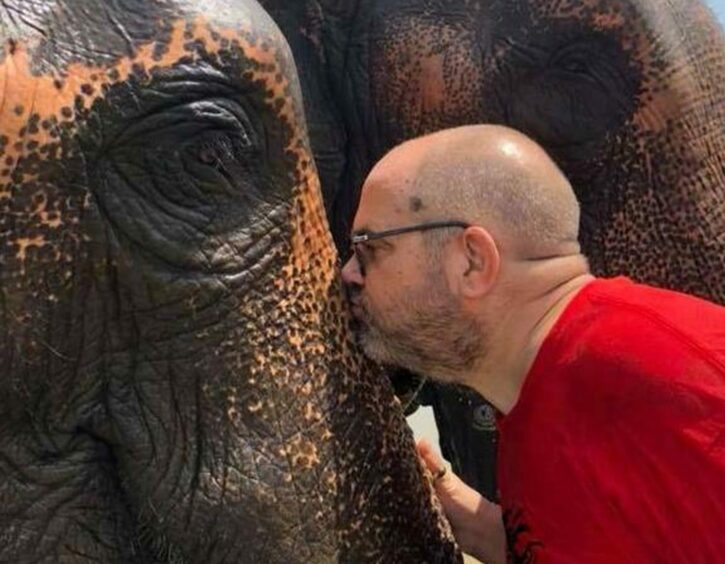
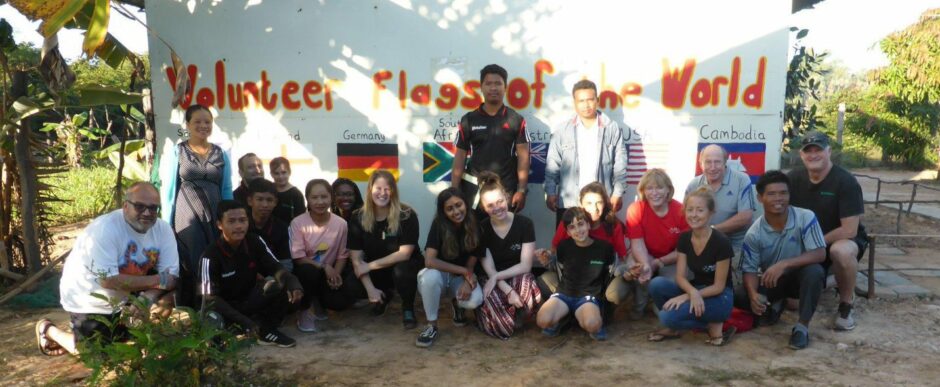
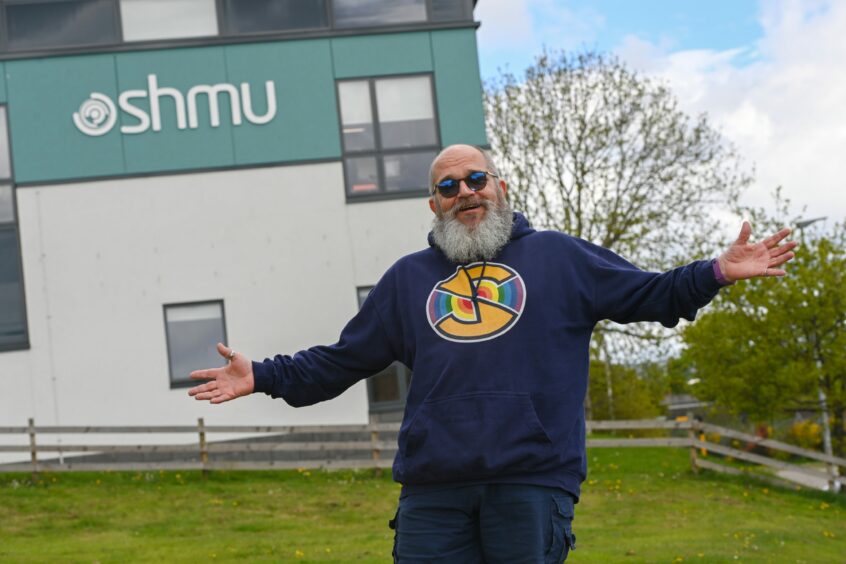
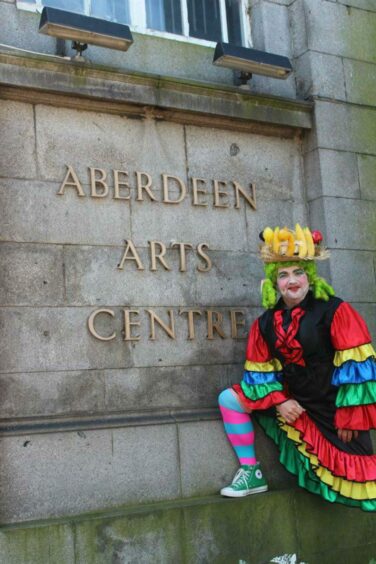
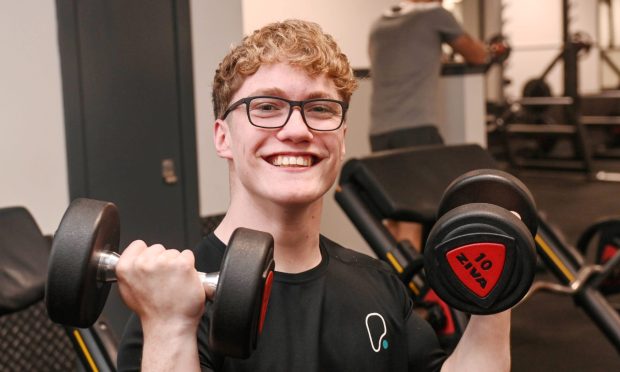
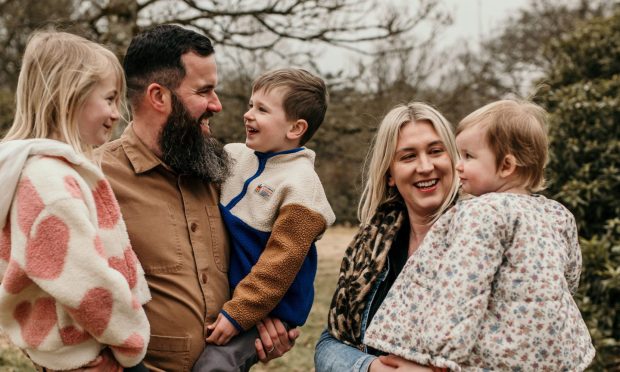
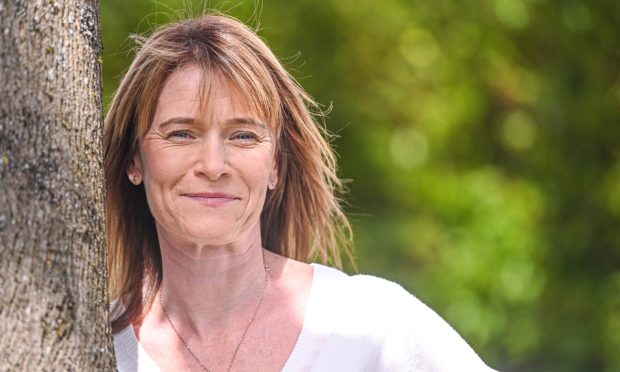
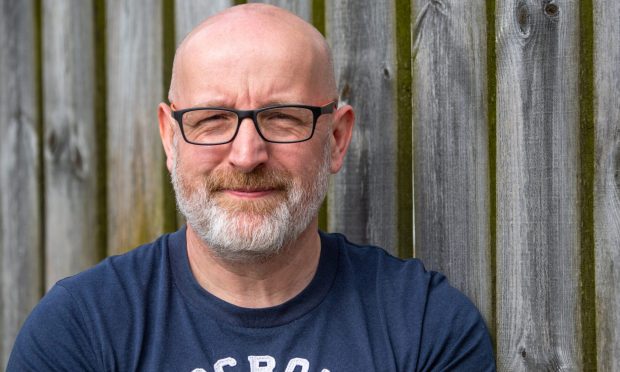
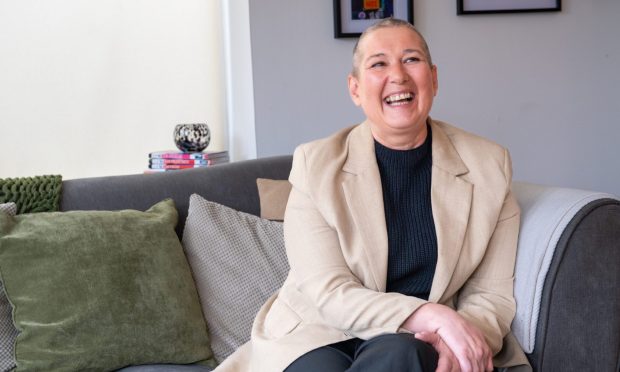
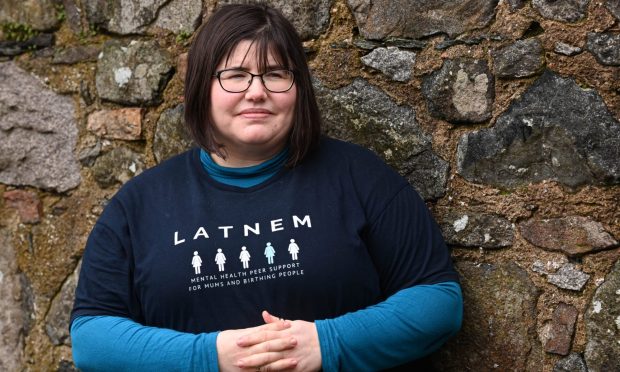
Conversation